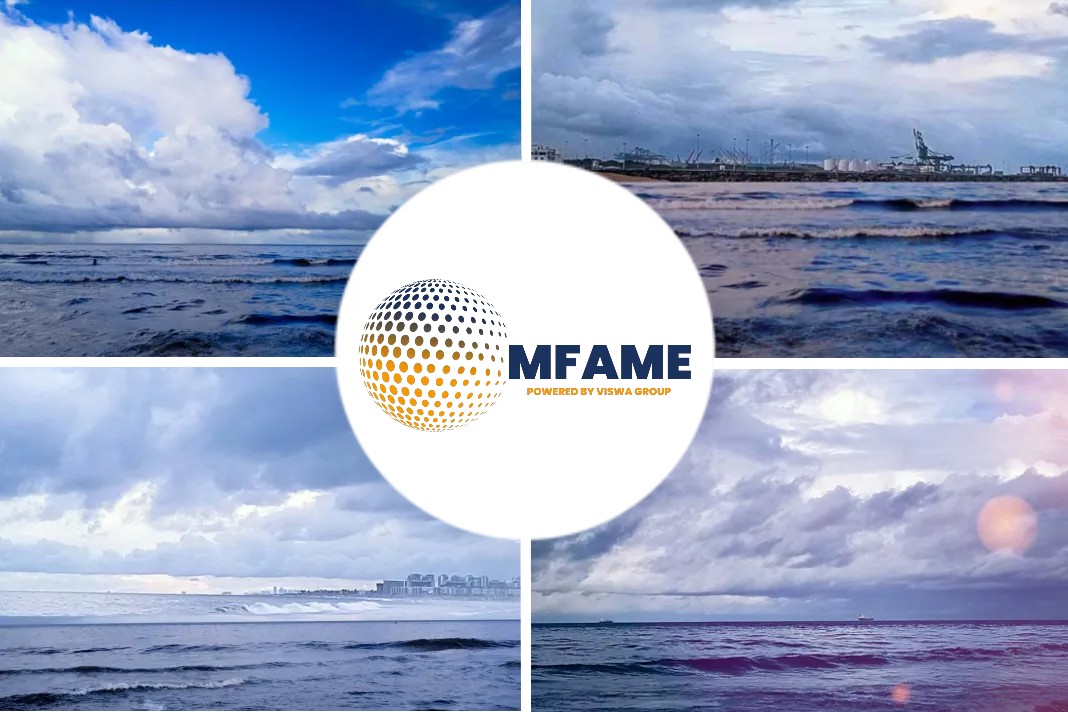Asian middle distillates started the Feb. 7-11 trading week on a firmer note, drawing on bullishness seen in the West amid improving arbitrage economics while restricted resupply from northeast Asia has further boosted the sentiment in the complex.
At 10 am Singapore time (0200 GMT), the ICE March Brent crude oil futures contract was at $93.83/b, up $2.04/b (2.22%) from the Feb. 4 Asian close, says a Platts Market Insight.
Jet fuel/kerosene
Asian jet fuel/kerosene market participants had a mixed bag of opinions for the product over the coming week, with some saying the complex may continue to see a measure of support from open arbitrage lanes to send Asian jet fuel cargoes West, while others said rising prices, coupled with travel disruptions caused by a severe cold snap in the US as well as still low demand from the Asian aviation sector, may result in some demand concerns for the fuel.
Brokers pegged the balance February-March jet fuel/kerosene time spread at plus $1.75/b at 0200 GMT Feb. 7, widening 2 cents/b from plus $1.73/b at the 0830 GMT Asian close Feb. 4, S&P Global Platts data showed.
The FOB Singapore jet fuel/kerosene cash differential was assessed at plus $1.57/b to the Mean of Platts Singapore jet fuel/kerosene assessments on Feb. 4, up 59 cents/b, or 60.2%, in the span of just three trading days, Platts data showed.
Japan’s kerosene stocks rebounded 3.6% week on week to 11.21 million barrels Jan. 29, showed Petroleum Association of Japan data released Feb. 2, marking the first week-on-week increase in 10 weeks.
The jump came despite kerosene output inching down 0.1% week on week to 2.51 million barrels in the week to Jan. 29. No kerosene exports were recorded for the period under review.
The Q1-Q2 jet fuel/kerosene swap spread, an indication of near-term sentiment, averaged plus $2.32/b during Jan. 31-Feb. 4, widening from plus $1.76/b the week before.
Gasoil
Escalating geopolitical tensions have added to supply-side jitters, as reflected in a plunging Exchange of Futures for Swaps spread, which coupled with softening freight rates has made East-West arbitrage economics increasingly viable.
Lean supplies and recovering demand in Asia continue to place a floor under the gasoil complex and contributed to a steep backwardation in the market structure, even as strong outright prices could keep buyers on the sidelines.
Brokers pegged balance February-March Singapore gasoil at plus $2.32/b at 0200 GMT Feb. 7, widening from plus $2.21/b at the 0830 GMT Asian close Feb. 4.
The February EFS spread was pegged at minus $41.20/b at 0200 GMT Feb. 7, widening $3.30/b from minus $37.90/mt at the Feb. 4 close.
Singapore’s commercial stockpiles of jet fuel and gasoil fell 2.93% week on week to a three-week low of 8.21 million barrels Jan. 27-Feb. 2, showed Enterprise Singapore data released late Feb. 3.The drop in stockpiles came amid a backwardated curve in the prompt-month Singapore gasoil derivative time spread.
This market structure typically discourages storage of surplus gasoil barrels, as they can command higher prices at prompter dates in a backwardation, compared with forward dates.
The Q1-Q2 2022 gasoil swap spread averaged plus $3.06/b Jan. 31-Feb. 4, widening from plus $2.30/b the week before.
Did you subscribe to our daily newsletter?
It’s Free! Click here to Subscribe!
Source: Platts
























